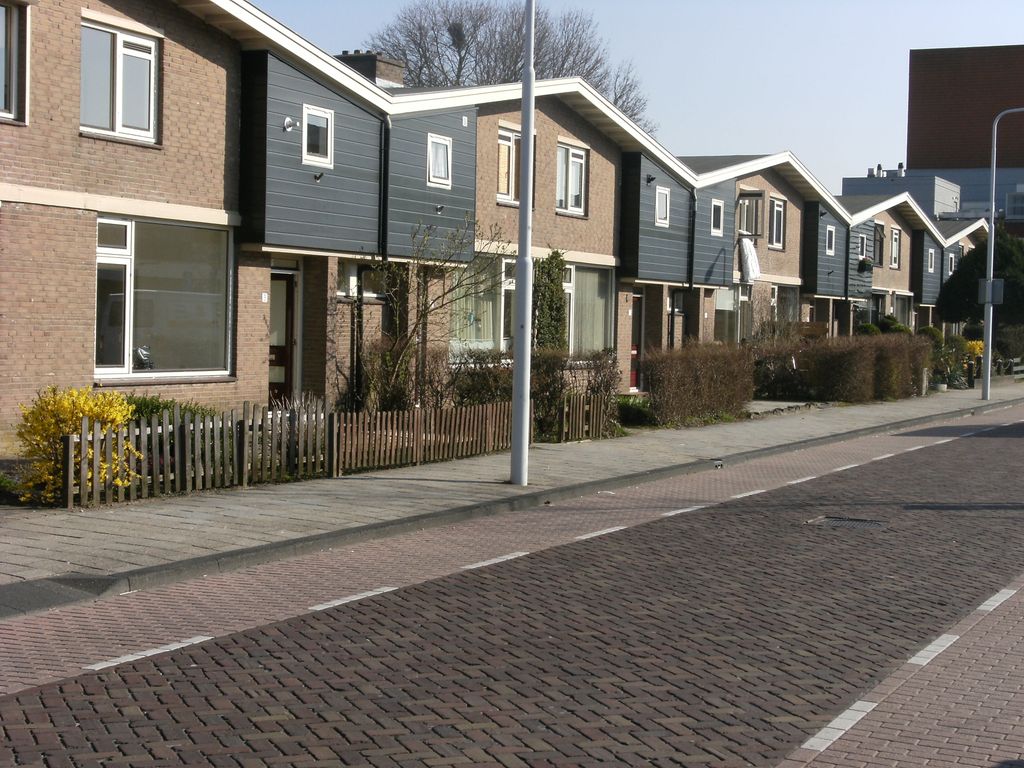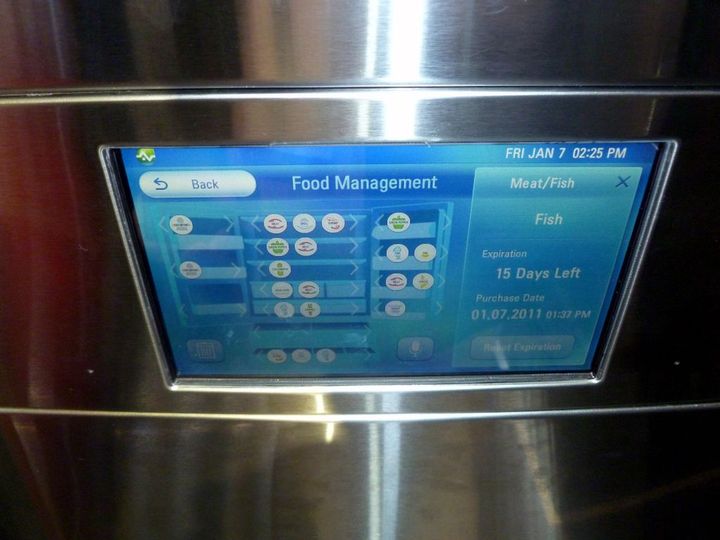
The integration of technology into our lives becomes even neater every day. Take the idea of home management, for example. It's common now for thermostats to be equipped with wifi technology. This means that you can check the temperature of your house from anywhere in the world and to tell it that you're on the way home and that you need to turn up the heat a little.
With time, the capabilities of smart homes are bound to grow greater. Fridges that tell you when food is about to expire, doors that unlock when you get close to the house or do a special movement with your hand, lights that change color or turn off according to time of day, and advanced monitoring systems that will help you stay secure. What kind of things can you expect in the next few years?
If you have a lower budget for smart home technology, you can still find some solutions. Mashable has a suggested list of ideas that range from automated home cleaners, to a power strip that actually syncs with your smartphone, to devices such as smart locks and musical showerheads. TV personality Bob Vila suggests even more advanced ideas, such as irrigation control, a video doorbell and a thermostat so smart it can learn your schedule and base temperatures based on that.

Smart home technology can make your house unique inside, even though it may look the same as its neighbors on the outside. Credit: Wikimedia Commons
At first glance, it may appear that smart homes are for the tech-obsessed. Used wisely, however, the technology offers immense potential for energy savings and reducing your carbon footprint. Imagine lights that can figure out when to turn on based on your schedule or on a computer program. Compared with the traditional (and mostly inflexible) timers, having these lights go on at appropriate times would translate into energy savings. Same would go for thermostats that adjust to the temperature you want on your schedule.
There also are security applications. How many times have you forgotten to lock the door behind you? A smart lock can be programmed to automatically lock after a set period of time. Motion-sensing lights could be programmed to send alerts to your smart phone, as can video cameras set up on your property. Or perhaps you could set up a silent perimeter of devices that know when something strays on to your property. None of these solutions are completely perfect, but as the technology advances the benefits are bound to increase.
For gadget-lovers, however, there is a fountain of options available. What about a showerhead that uses your favorite colors to shine in the stream? Or a television that automatically knows what channel to go to depending on which person is turning it on? Saving time and increasing the cool factor are definitely an attractor in smart homes, and every day programmers are coming up with small ways to hook this audience.
We should note, however, that the technology is not perfect. One big risk is something that all computer users face -- the problem of getting hacked! It's bad enough when you lose files on your computer, but imagine if the lock was hacked to let somebody in who wasn't there. Another open question is what would happen if a virus infected your smart home, or a mistake in the programming messed up something vital (like your temperature in winter, for example.) The idea of a power failure, too, would make even hardened advocates shudder unless there is a reliable backup available.
The questions of security, reliability and overall robustness are still open. It will be up to smart-home manufacturers to show that this technology not only is a boon, but can't be used for harm. If we can get past these barriers, however, the potential is immense.
Perhaps homes will become smart enough over time to sense when they need repairs; no more surprise roof leaks! And they can remind you to do those pesky things such as clean the furnace filters before your busy life makes you forget you need to do it. One thing is for sure; as computers become more integrated into our lives, it's inevitable that houses will encompass the technology. The big question is how best to use it to benefit the people who live in these houses.
Top image: Wikimedia Commons








